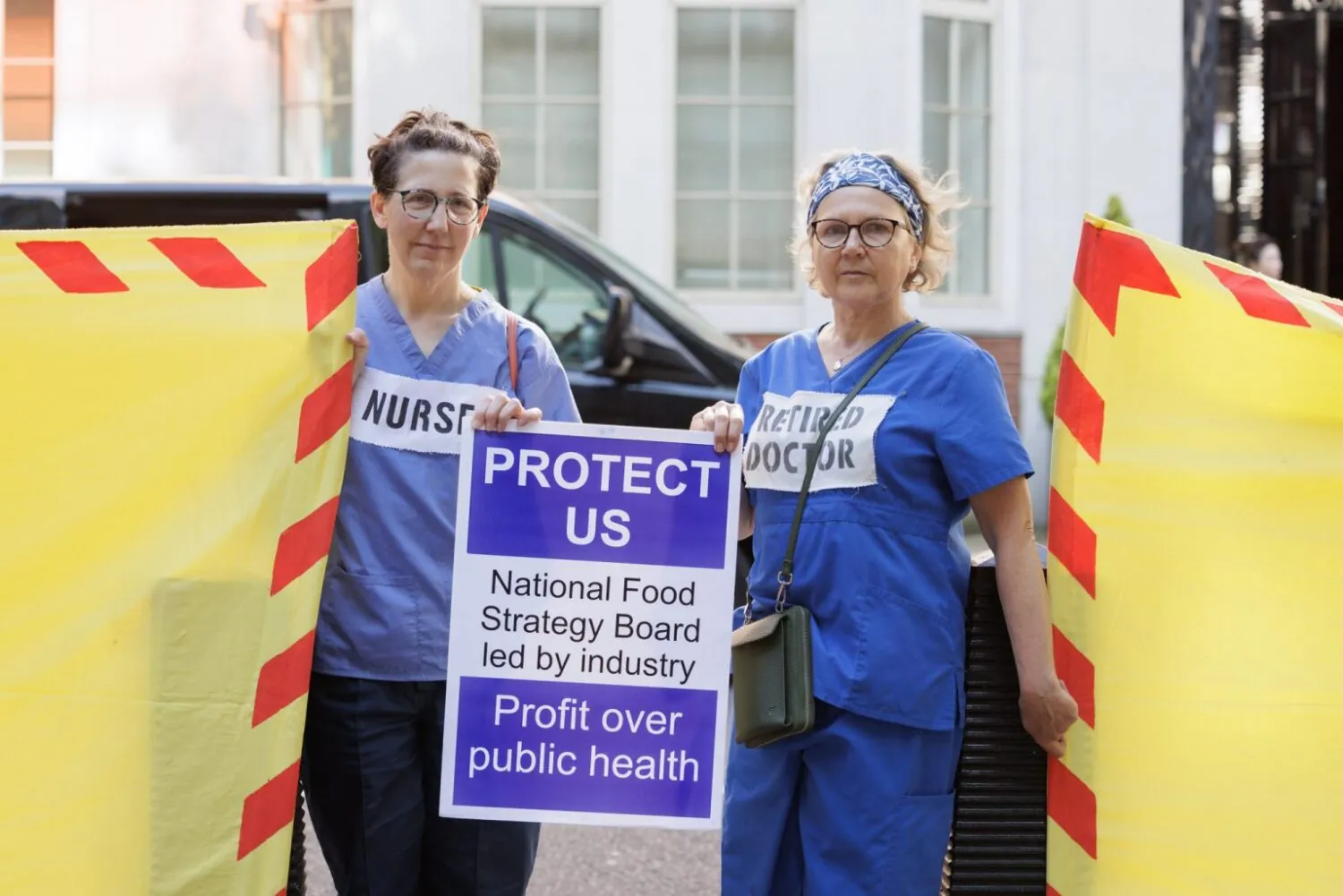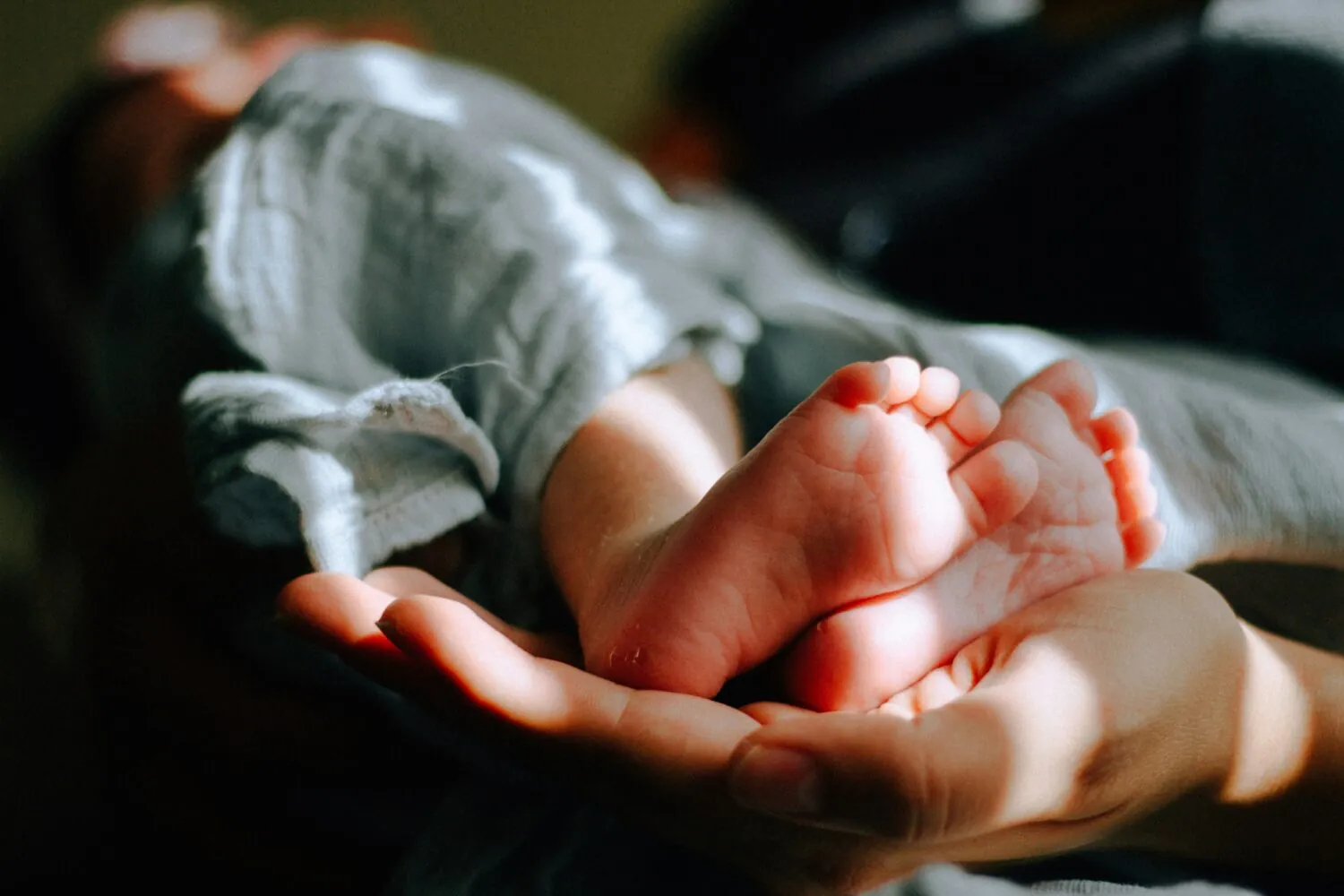The NHS is an international health service that relies on some 170,000 foreign born staff from more than 200 countries.
Many non-British members of NHS staff have visas to allow them to live and work in the UK which can be extended by a year – but that is nowhere near enough to plan a future around.
Now there are calls for frontline staff from overseas to have the right to stay in the UK indefinitely in recognition for their service during the most challenging of years.
Nurse Eva Omondi is one of those dedicated professionals who came to the UK to work for the NHS and joined the fight against coronavirus.
“Seeing how [patients] die, it’s been very emotionally draining,” she said.
Added to the stress however, was the anxiety over her right to remain in the country she would like to make her permanent home.She said: “The risk and the stress of working in the pandemic is enough price to pay to just ask for indefinite leave to remain.”The government brought in visas to make it easier for health workers to come to the UK and – after pressure from Ms Omondi and other nurses – abolished the fees they used to pay to use the health service.
But campaigners say none of that goes far enough to reward their sacrifice in our service.
Within months of starting work in the UK, Bangladeshi doctor Pushpo Hossein contracted Covid-19.
“I got high fevers, body ache,” she said.
“I also developed shortness of breath and that was very scary.”
Dr Pushpo Hossain
If she had died, her husband would have been granted the right to stay in the UK. But she said that is hardly an incentive to continue working for the NHS.
“So that make me think, so okay, I have to die to prove my loyalty,” she said.
“I feel betrayed sometimes. I feel very heartbroken.”
Last month, a private members bill that would offer indefinite leave to remain to NHS workers was halted under Common’s Covid safety rules. But the campaign continues.Liberal Democrat MP Christine Jardine, who brought the bill to Parliament, said: “We hear every-day about NHS staff who are contracting Covid-19.
“People who are doing that shouldn’t’ have to live with any possibility that they might be deported. That’s just not good enough.”





